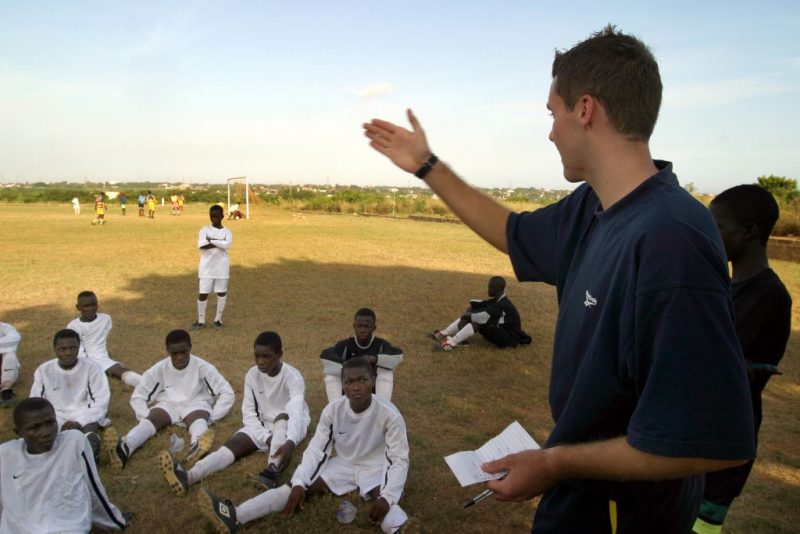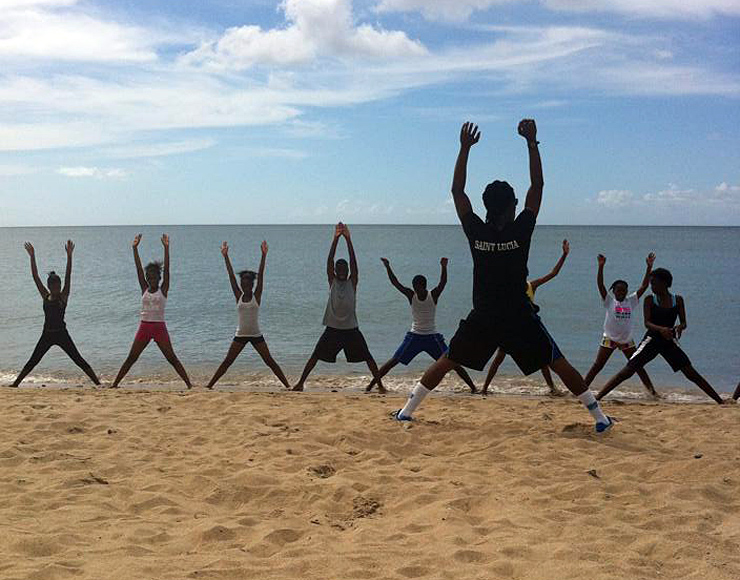
4 steps to why you should invest in sport psychology
1. Improve yourself as an athlete
In sport we often hear that the difference between losing and winning is usually by the finest of margins. Whether it’s nutrition, strength and conditioning or sport psychology, these hugely important ingredients, when mixed together in the right way, play an enormous part in boosting your effectiveness as an athlete. Things like being able to spend less time dwelling over a mistake or adding an extra layer of composure to your game are highly important aspects of high performance, and if there was a way to improve them, why would you not want to invest in yourself? That’s where sport psychology comes into play.
Going to see a sprint coach doesn’t mean you are slow, it means you are dedicated enough to want to get faster. Doing a bench press doesn’t mean your upper body is weak, it means you are dedicated enough to want to get stronger. Seeing a sport psychologist doesn’t mean you are mentally fragile, it means you are dedicated enough to want to improve the mental side of your sport. If it’s good enough for the likes of Steph Curry, Venus Williams and Cristiano Ronaldo, surely it’s good enough for you?
2. Build healthy habits and build them early
The earlier you start to build healthy mental habits, the easier it is to implement them in the long-term. You often hear from commentators describing young athletes as having a sense of fearlessness about them. This is because they don’t possess the same baggage that some older players appear to have. This “baggage” can be internally collected from experiences of disappointment and previous mistakes however, if you speak to a sport psychologist as a youngster and find healthy ways to deal with the inevitable mistakes that come with competing, what is stopping you from playing with that fearlessness and enjoyment right up until the ending of your career?
3. It isn’t all negative!
There is a perception that sport psychology is sitting down on a chair in a dimly lit room, reliving childhood trauma and discussing the negatives about yourself as a person. That is far from the truth! In fact, a discussion with a sport psychologist involves looking into your mindset, body language and actions when you are at your complete and utter best as a performer.
Creating an understanding of your high performance mindset (HPM) is a huge part of sport psychology, and it is actually quite cool to piece together what you are good at, and the route of why you are good. The clearer idea you have of who you are when you are at your best, the easier it is to snap back into your HPM during periods in which you are perhaps struggling.
4. Improve yourself as a person
One hugely important aspect of sport psychology is it helps to develop emotional articulateness. This means that we begin to create a better knowledge of our thoughts and where they stem from. In essence, it allows us to create a concrete understanding of any thoughts and feelings that we may have briefly thought about internally, but perhaps hadn’t had the chance to articulate before.
Through building this added layer of self-awareness, it not only improves our performances as an athlete but who we are as people too. For example, if speaking to a sport psychologist helps us to develop our confidence and composure during high-pressured situations, that can be translated to the workplace or emergencies. Another example, if we learn to find better ways to cope with criticism or mistakes, that could make us a better friend, family member or partner in the long-term.
“The lessons learnt from sport psychology are all hugely applicable to everyday life. It's a hugely effective cycle, if you are happier as a person, nine times out of ten you are going to be heading into training with a greater spring in your step and competing with more freedom, focus and determination.”





